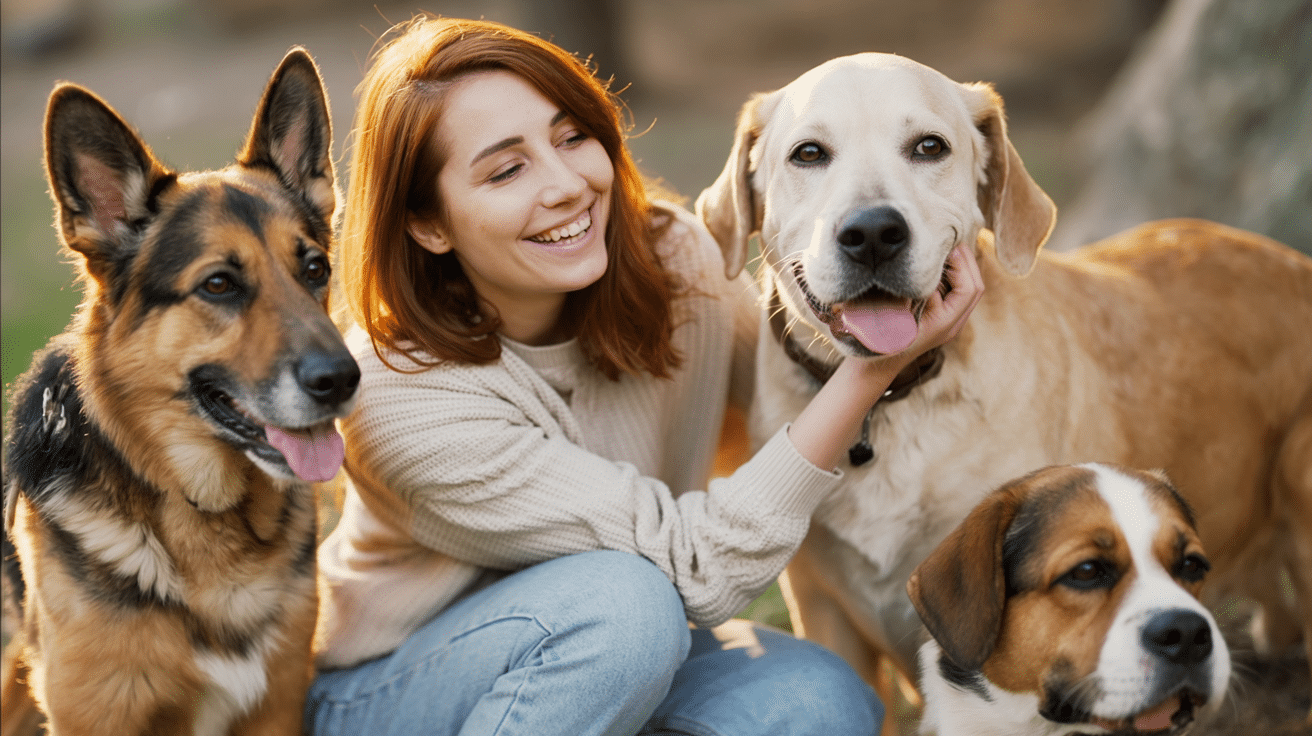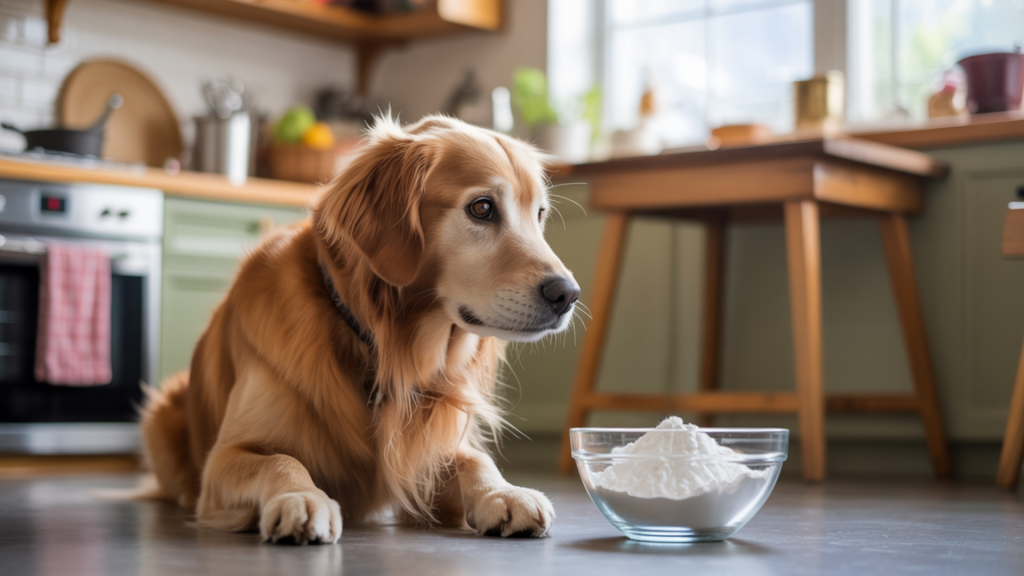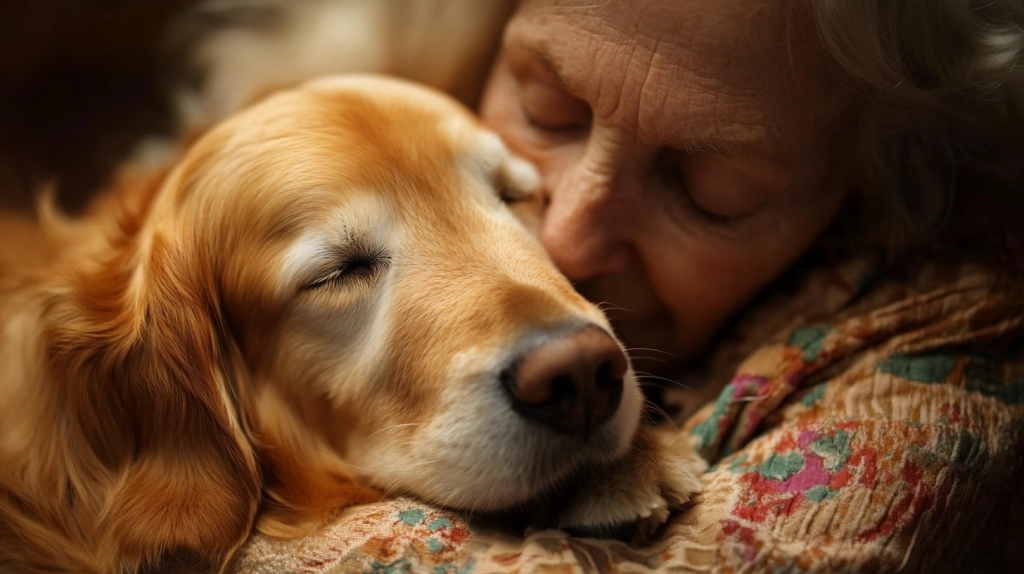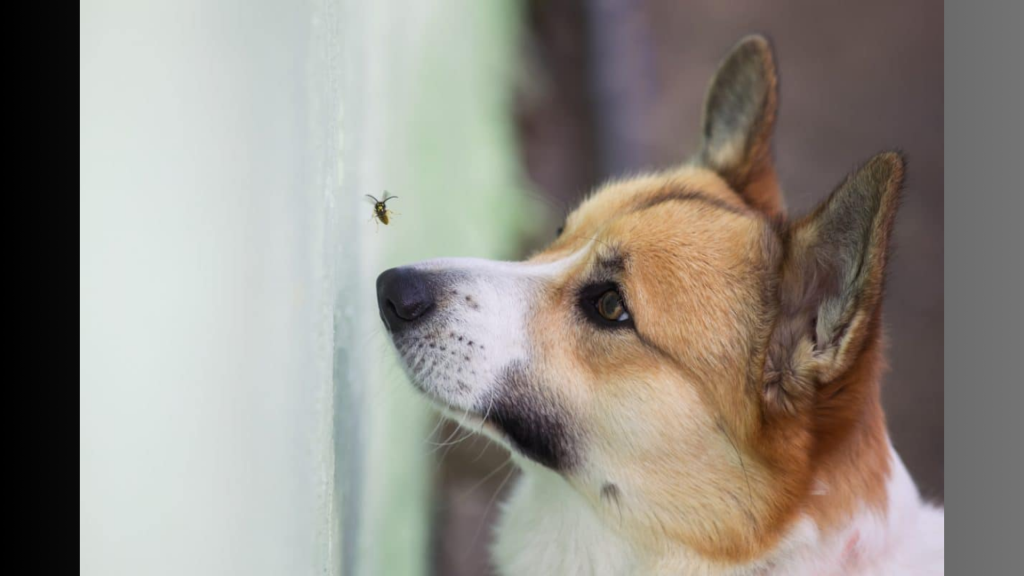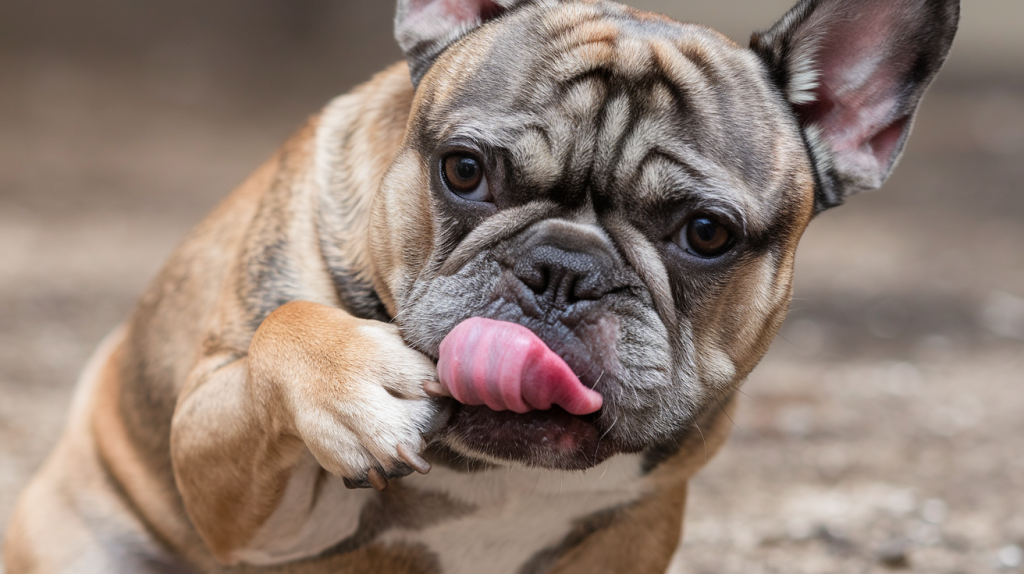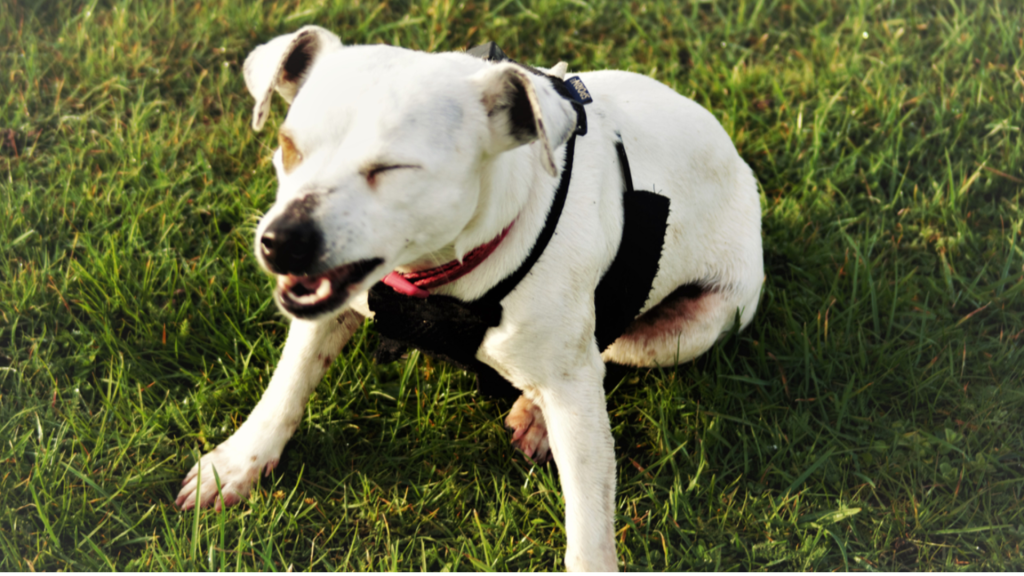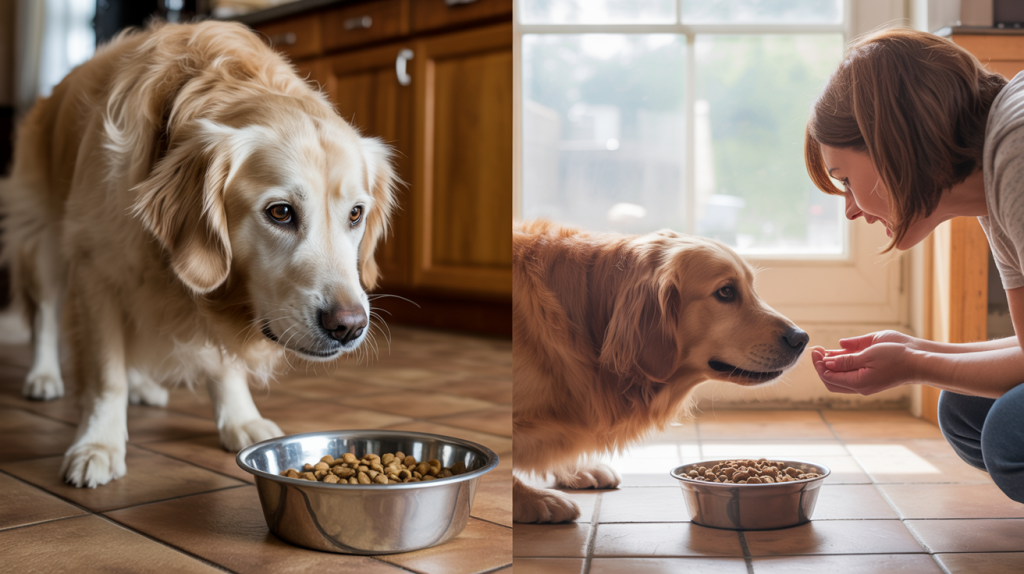Expecting a French Bulldog litter? Unlike many breeds, Frenchies don’t follow the big-litter trend. Conflicting info online, 2, 5, or even 8 pups, can be confusing.
But experts agree: French Bulldogs usually have small litters, with several factors influencing the count. Proper prep starts with knowing what’s real.
How Many Puppies Do French Bulldogs Typically Have?
French Bulldogs usually have small litters. Most French Bulldogs give birth to about 2 to 4 puppies in a litter.
Sometimes, a Frenchie may have just one puppy, and in rare cases, a litter can be as big as 5, 6, or even 7 puppies, but that doesn’t happen often.
Why Do French Bulldogs Have Small Litters?
- Genetics: French Bulldogs are a small breed, and small dogs usually have fewer puppies.
- Body Shape: Frenchies have narrow hips and big heads, which makes it hard for them to give birth naturally. Most French Bulldog puppies are born by C-section.
- Health and Age: A healthy, young mother may have a slightly bigger litter, but older or unhealthy dogs often have fewer puppies.
Comparison to Other Breeds
| Breed | Average Litter Size |
|---|---|
| French Bulldog | 2–4 puppies |
| Labrador Retriever | 6–8 puppies |
| Golden Retriever | 8 puppies |
| Beagle | 6 puppies |
| Pug | 5 puppies |
If you’re planning to get a French Bulldog puppy or breed your Frenchie, it’s important to be ready for a small litter and to make sure the mother gets the best care possible.
When and Why Do French Bulldogs Require C-Sections?
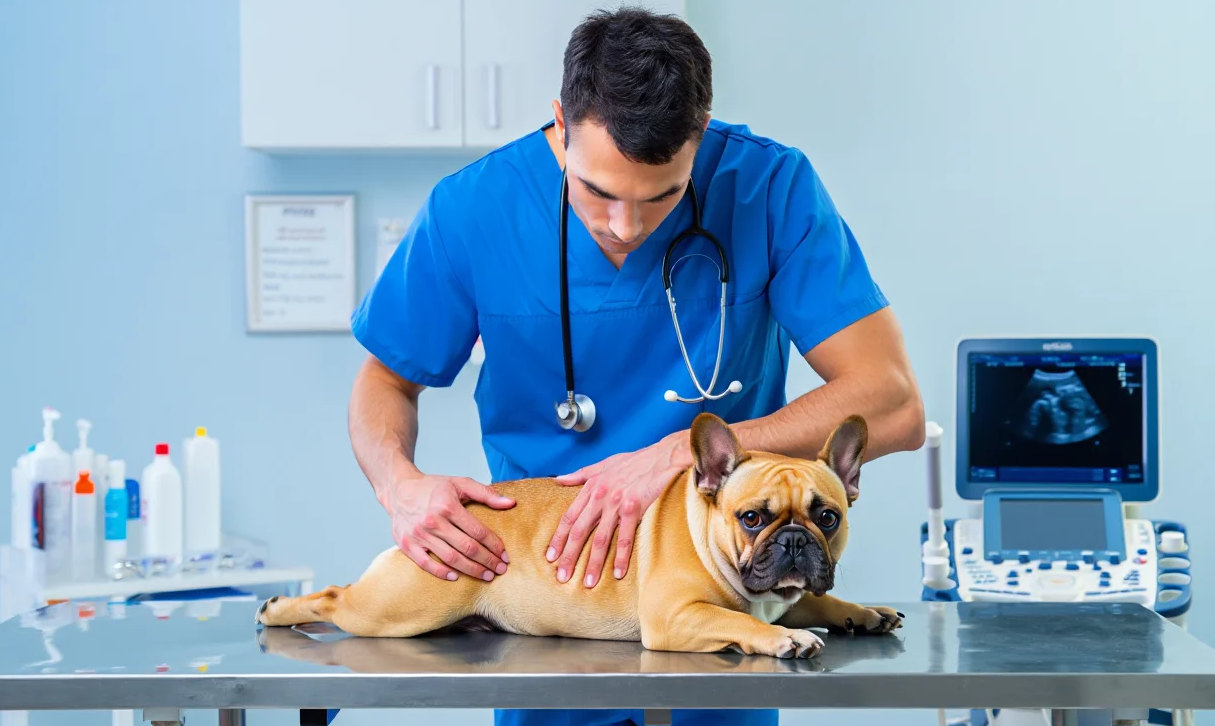
French Bulldogs often need C-sections to give birth safely. This happens because of how their bodies are shaped. Let me explain why this is so common for this breed.
A C-section, or cesarean section, is a surgical method to deliver babies. During this procedure, a vet makes an incision in the mother dog’s abdomen and uterus to remove the puppies directly.
French Bulldogs’ wide heads and narrow hips make natural birth nearly impossible, with over 85% requiring C-sections.
Their flat faces also cause breathing issues during labor. Typically, they have 2-4 puppies per litter, but each puppy is large compared to the mother.
These traits are a result of selective breeding for their distinctive appearance, leading to a body structure incompatible with natural birth. C-sections usually take 45-90 minutes, with a 2-3 week recovery for the mother.
C-Section Concerns
- Cost: $1,500-$4,000 per procedure
- Higher anesthesia risks due to breathing issues
- Recovery requires 10-14 days of restricted activity
- Potential for surgical complications
- Ethical questions about breeding practices
Planned C-sections are the safest option for both mother and puppies in this breed.
The French Bulldog Pregnancy Timeline
This is your easy-to-follow guide through every stage of a French Bulldog’s pregnancy.
From the first signs of the reproductive cycle to the arrival and early care of newborn puppies, this timeline highlights key milestones like embryo development, changes in the mother, vet visits, and post-birth puppy care.
Health Risks in French Bulldog Breeding
French Bulldogs are adorable but can face many health problems. Here are the main symptoms to watch for and some quick remedies you can try at home.
Always see your vet if symptoms are serious or do not improve.
1. Breathing Problems
French Bulldogs are prone to brachycephalic airway syndrome, which can cause breathing difficulties.
- Symptoms: Noisy breathing, snoring, trouble breathing after exercise, blue gums.
- Quick Remedies: Keep your dog cool, avoid exercise in hot weather, use a harness instead of a collar, and visit the vet if breathing is difficult or gums turn blue.
2. Skin and Ear Infections
French Bulldogs often suffer from skin and ear infections due to their folds and compact ears.
- Symptoms: Red, itchy skin, sores in skin folds, bad smell, scratching ears, redness inside ears.
- Quick Remedies: Clean skin folds and ears gently with a pet-safe wipe, keep skin dry, use coconut oil for mild cases, and see the vet if there’s pus, swelling, or pain.
3. Diarrhea
Diarrhea in French Bulldogs can be caused by dietary changes, infections, or food allergies.
- Symptoms: Loose or runny stools, loss of appetite, vomiting.
- Quick Remedies: Offer plain, unsweetened yogurt for probiotics, ensure your dog drinks water, and see the vet if diarrhea lasts more than a day or there’s blood.
4. Eye Problems
French Bulldogs have prominent eyes that are prone to irritation and infections.
- Symptoms: Red or watery eyes, excessive blinking, swelling in the corner of the eye (“cherry eye”).
- Quick Remedies: Gently wipe eyes with a clean, damp cloth, keep hair around eyes trimmed, and see the vet if there’s swelling or discharge.
5. Back and Leg Problems
Due to their compact body, French Bulldogs are susceptible to joint and spine issues.
- Symptoms: Limping, difficulty walking, sudden pain, dragging back legs.
- Quick Remedies: Rest your dog, avoid jumping or running, and visit the vet immediately if they can’t stand or walk.
6. Heatstroke
French Bulldogs are particularly vulnerable to heatstroke due to their short snouts and inability to cool off efficiently.
- Symptoms: Heavy panting, drooling, weakness, collapse.
- Quick Remedies: Move your dog to a cool place, offer water, wet their body with cool (not cold) water, and go to the vet right away.
7. Food Allergies
French Bulldogs can develop food allergies that lead to skin issues and gastrointestinal problems.
- Symptoms: Itchy skin, ear infections, diarrhea.
- Quick Remedies: Try a simple diet with chicken and rice, gradually add new foods to identify allergens, and ask your vet for advice.
Tip: Regular vet visits, keeping your Frenchie clean, and watching for changes in behavior can help catch problems early. Always consult your vet for the best care.
Reproductive Limitations of a French Bulldog

French Bulldogs are adorable pets, but they have special reproductive limitations because of their body shape and genetics. These challenges make it hard for them to breed and give birth naturally.
Trouble Breeding Naturally:
Most French Bulldogs cannot mate on their own because their bodies are not built for it.
Males have narrow hips and short legs, making it hard to mount females. Females also have narrow hips, which makes natural mating and pregnancy difficult.
Low Fertility:
Many male French Bulldogs have low sperm counts, so it’s harder for them to make females pregnant. Even when they do mate, pregnancy does not always happen.
Need for Artificial Insemination:
Because natural breeding is so hard, most French Bulldogs are bred using artificial insemination. This means a vet helps the female get pregnant by inserting sperm directly.
Problems Giving Birth:
Most French Bulldogs cannot give birth naturally because their puppies have large heads and the mom has a narrow birth canal. Almost all French Bulldog moms need a C-section (surgery) to deliver puppies safely.
Limited Litters:
Female French Bulldogs should only have 2–3 litters in their lifetime. More pregnancies can be dangerous and put too much stress on their bodies.
Responsible Breeding Practices for French Bulldogs
Good French Bulldog breeders put dog health first. They make smart choices to help these dogs have better lives. Here’s what caring breeders do:
Health Tests Come First
Smart breeders check their dogs for common health problems before breeding. They test for:
- Hip issues
- Eye problems
- Heart conditions
- Breathing troubles
These tests cost money, but they help make sure puppies will be healthy.
Waiting for the Right Age
Good breeders wait until female dogs are fully grown, usually after 2 years old. They also limit how many litters a dog can have in her life to keep her healthy.
Finding Good Matches
Responsible breeders select French Bulldog mates based on key traits: wider hips for easier birth, better breathing to avoid respiratory issues, good overall health to prevent genetic problems, and pleasant personalities to ensure well-rounded puppies.
Proper Care During Pregnancy
Good breeders provide pregnant dogs with special food to meet their nutritional needs, extra vet check-ups to monitor health, comfortable and clean spaces for rest, and early planning for C-sections to ensure a safe delivery.
Putting Puppies First
Caring breeders keep puppies with their mom for at least 8 weeks. They start training and socializing puppies early to help them become good pets.
When you buy from a responsible breeder, you help create a future where French Bulldogs can be both cute AND healthy!
Raising Healthy French Bulldog Puppies
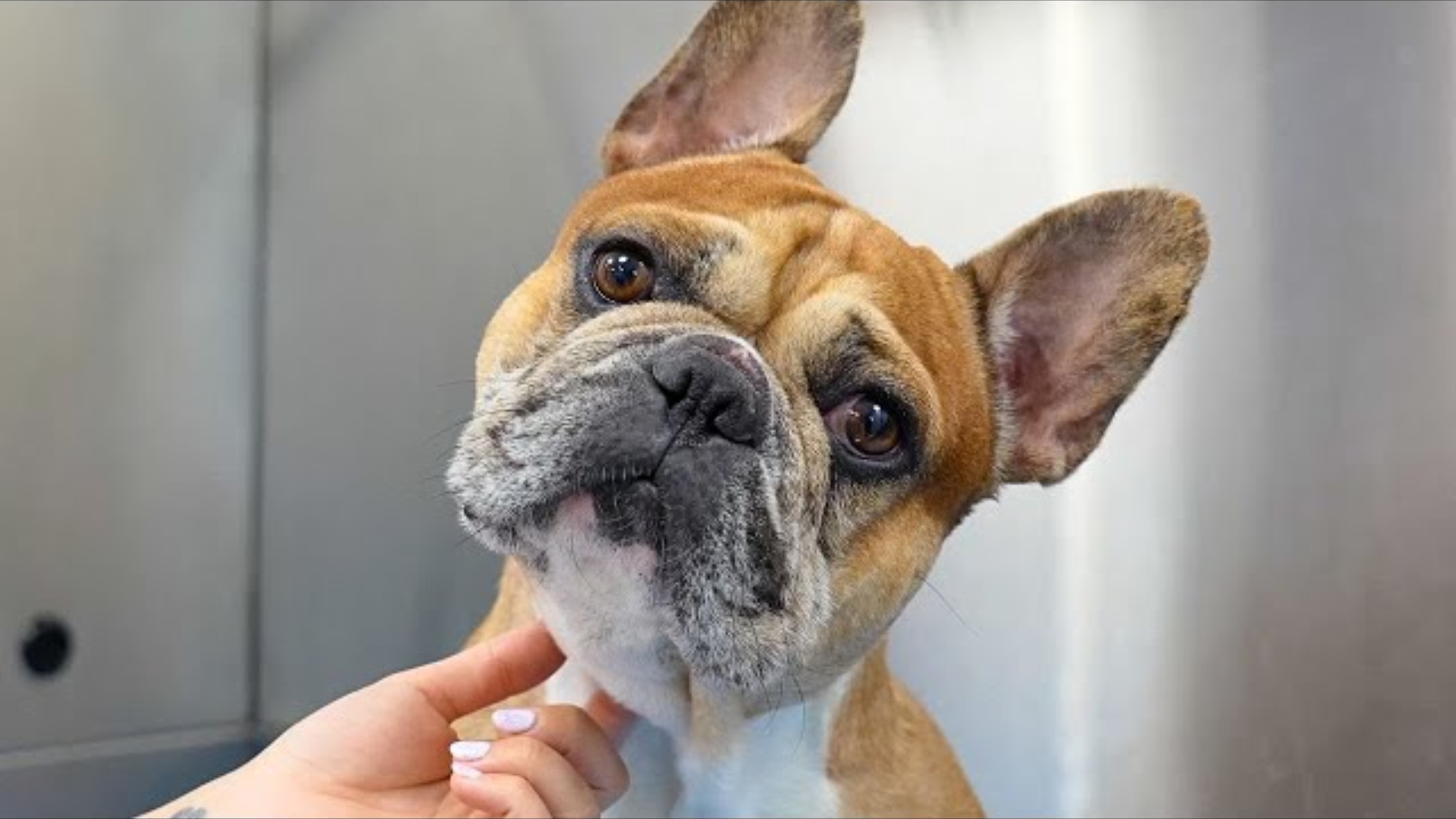
Raising healthy French Bulldog puppies takes some extra care, but it’s worth it for a happy, playful companion. Here’s what you need to know to help your Frenchie puppy grow strong and stay healthy.
- Give a Balanced Diet: Feed your puppy high-quality food made for small breeds. Measure their meals to avoid overfeeding because French Bulldogs can gain weight easily.
- Keep Them Active: Frenchies need daily walks and gentle playtime. Don’t let them overdo it, especially in hot weather, because they can overheat quickly.
- Visit the Vet Regularly: Take your puppy for regular check-ups, vaccinations, and deworming. Early vet visits help catch health problems before they get serious.
- Groom Properly: Brush your puppy’s coat weekly and clean their facial wrinkles to prevent infections. Trim their nails and brush their teeth often.
- Train with Patience: Start potty training early and use treats and praise to reward good behavior. Be patient- Frenchies can be stubborn but love to please.
- Watch for Health Issues: Look out for signs like trouble breathing, itchy skin, or limping. If you notice anything unusual, call your vet right away.
- Keep Them Cool: French Bulldogs can’t handle heat well. Always give them fresh water, shade, and avoid walks during the hottest part of the day.
- Use a Harness, Not a Collar: A harness is safer for your Frenchie’s neck and helps prevent breathing problems.
With the right care, your French Bulldog puppy can grow up healthy, happy, and full of energy
The Bottom Line
French Bulldogs may have small litters, but they need big care. Breeding them comes with unique challenges, making responsible ownership essential.
It’s not about quantity—it’s about quality care and understanding their needs. Their charm lies in their personality, not numbers. Let’s give them the love they deserve.




